Do you need a humidifier in summer and will it help in the heat?
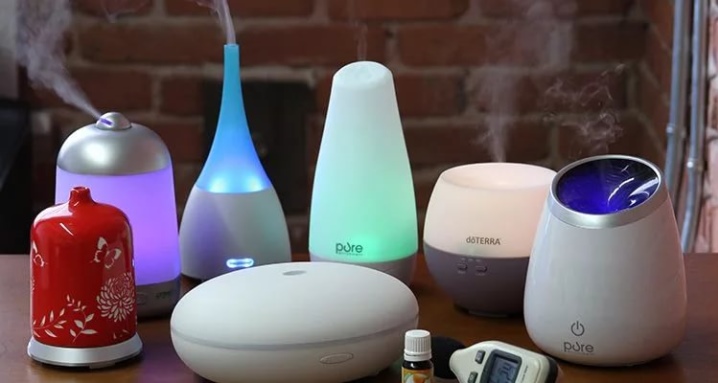
An important part of the microclimate of any room is air humidity. The normal functioning of the body and the level of comfort depend on it. Do you need a humidifier in the summer, does it cool the air, does it help in the heat in the apartment or not - we will consider the answers to these and other questions in the article.
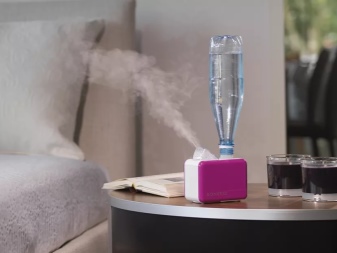
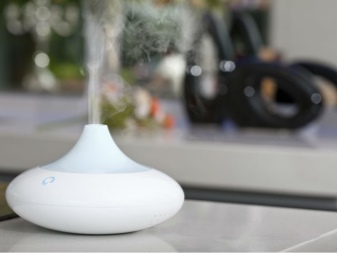
Why humidify the air?
While in an apartment, we often think about how to make it even more comfortable. Temperature, humidity, oxygen saturation - all this affects our body and its work.
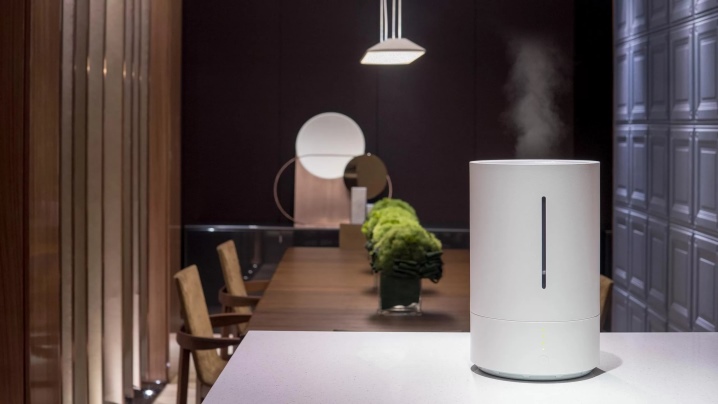
Here are some of the negative effects of dry air.
- The discomfort. It can be expressed by the occurrence of dryness in the throat and in the nasal mucosa. This can lead to feeling unwell during the day and disrupted sleep at night. We may not notice, but low humidity also affects the psychological state, causing irritation and unnecessary aggression.
- Diseases. Dry air provokes a deterioration in human health during illness, most often it is a cough, colds, bronchospasm, and allergic diseases. Dry air is also harmful for small children, since in the first years of life they are more sensitive than ever to the surrounding climate.
- Irritation. May occur in people using lenses. If there is insufficient humidity in the room, dry eye syndrome in hot or frosty weather can become a separate problem.
- Effects on skin, hair, nails. This is an important detail for women who care about themselves - dry and less elastic skin of the face becomes in a dry room. For the same reason, brittle and dry hair appears, nails begin to exfoliate.
- Apartment. Yes, dry air also affects objects in the apartment. It causes furniture and floors to squeak. Objects may even begin to "bite" with electricity in low humidity due to the build-up of static electricity. Plants in the apartment suffer no less. This is manifested in the yellowing of their leaves and the occurrence of various kinds of diseases.
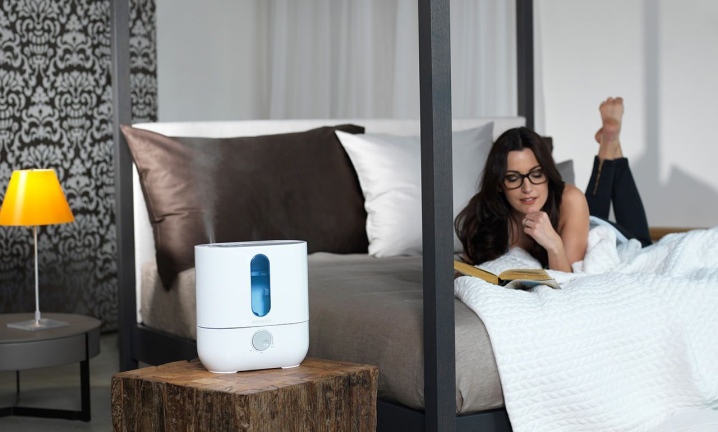
Optimum indoor humidity level in summer
The problem of dry air occurs among residents of many regions. These can be both the southern regions, where the lack of moisture is felt all year round, and the northern ones, where the dryness is acutely felt during the winter seasons.
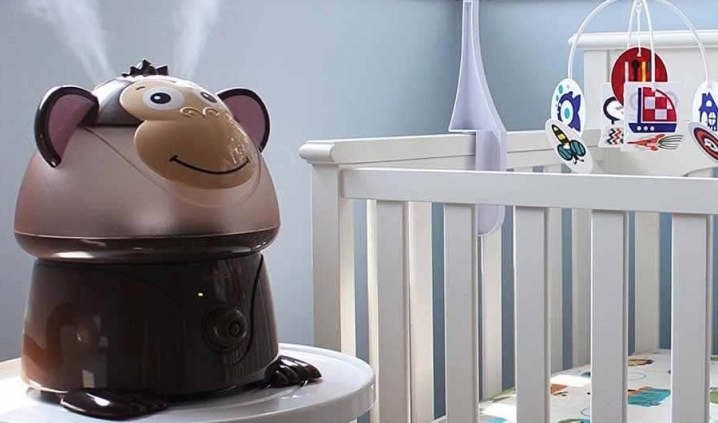
The optimum humidity level in summer promotes the rapid settling of dust, while in dry air it remains unsettled.
Dust flies freely in the air mass, getting into the lungs, visual organs. Removing it is thus much more difficult. For this reason, dry air causes attacks in asthmatics, allergy sufferers, and also leads to bronchospasm. The humidified air contains much less dust.


Moisturized air of the mucous membrane of the eyes is required. It promotes delayed aging of the skin around the visual organs. Moisture evaporates faster in the eye area than in other areas of the face. The skin in this area is always dry, has almost no sweat and sebaceous glands. Therefore, she needs a careful attitude.

A normal humidity level in a room promotes sound and healthy sleep. The lungs work easier, the risk of headaches decreases. It is known that we spend a third of our lives in sleep. And our performance, psychological and physical condition, mood depends on it. Therefore, it is important to remember about the sleeping conditions, since moisture evaporates especially quickly in summer.

According to research by SanPiN, the relative humidity in the room should be approximately 40-60%.
At higher humidity, the development of pathogens on the surface and in the objects themselves in the room can begin. The moisture index depends on the season. Since it is hotter in summer, it should be around 60%.

When do you need to turn it on?
There are a number of times when you can use a humidifier. It is important to be able to use it correctly so as not to harm yourself and your loved ones.
In summer, the humidifier can be switched on when:
- fixed or clearly felt low humidity;
- the air conditioner turned on on an ongoing basis.

After the mass production of air conditioners in the 1980s, scientists found that people were more likely to experience coughs, allergies and lung diseases in rooms with these devices.
A humidifier is often needed in those regions where the air humidity in the city (outside) is below 40%. In such cases, it is necessary at any time of the year.
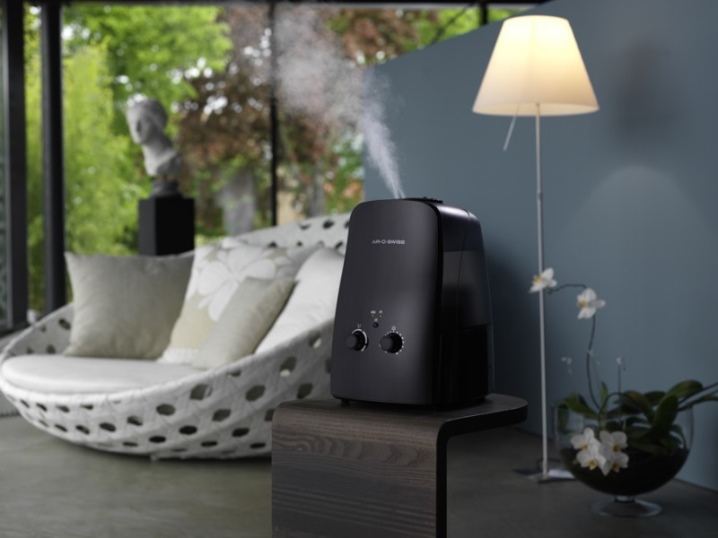
A device or device for ensuring the optimal level of humidity in the air masses is also necessary when a child appears in the family. At the same time, the humidity level should be 5% higher than usual. If you're unsure if you really need a humidifier at home, measure the humidity in your home with a hygrometer. It can be purchased inexpensively.

Which one is better to choose?
All humidifiers are divided into several types, the differences between which are in the principle of operation: traditional, ultrasonic and steam. For newborns, traditional and ultrasonic humidifiers are most often used.
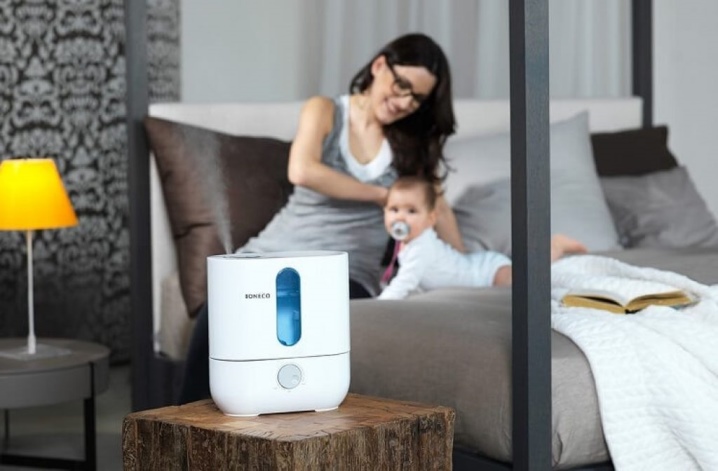
Let's take a closer look at them.
Traditional
These inexpensive and very common devices operate by "cold evaporation". It has a built-in fan that draws in air from the room, and special evaporating elements, which get water poured into the tank. Quiet, easy to use and energy efficient, the unit delivers humidified air. The humidifier itself works best in the warmest areas of the room or where air masses are more active in motion.

Steam
Humidifiers of this type, on the other hand, operate on the principle of "hot evaporation". More than 60% of the air can be humidified using electrodes inside the appliance that heat water and convert it into steam. After the entire volume of liquid has evaporated, the device automatically turns off. High efficiency steam humidifiers are typically used in winter, as they heat up the air in summer.
The disadvantages of these devices are high electricity costs and the possibility of getting burned from hot steam.
However, they are great for aromatherapy and inhalation if the instructions for the humidifier indicate the possible use of oils added to the device in small quantities.
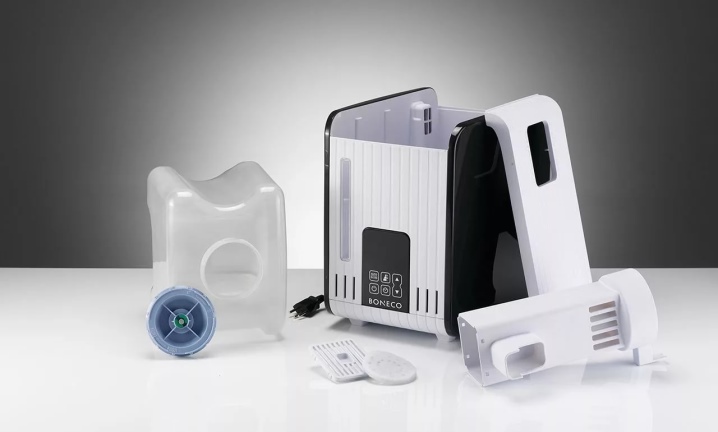
Ultrasonic
Humidifiers of this type have appeared relatively recently, they are distinguished by safety, they do not create noise. They are often used in nurseries. They are usually expensive and sensitive to water quality.

Such a humidifier works according to the following principle: by high-frequency vibrations, the poured water is converted into a cloud of cool fog, which, spreading throughout the room, mixes with the air and humidifies it.
There are ultrasonic devices for air humidification, the additional function of which is antibacterial. They are usually expensive and sensitive to water quality.

By their effect on the air, humidifiers are divided into:
- moisturizing;
- moisturizing and cleansing.

There are a number of factors to consider when choosing a humidifier.
- Are there children and animals in the house? As mentioned above, in this case, traditional and ultrasonic humidifiers are more often bought.
- Price. A good device doesn't have to be expensive. Even among premium humidifiers, there are models that are ineffective and inconvenient to use.
- Tank size. Pay attention to it when choosing a device. The larger the water tank, the less often you will need to refill the humidifier.
- Electricity consumption. The economy of the purchase also depends on how much electricity the device will consume in the future. An expensive purchase will pay off with low electricity consumption.
- Silence. If the device works without any sound, then it can be turned on at night. An ideal humidifier that works without annoying sounds does not exceed 40 dB SPL.
- Specialization. There are humidifiers specially designed for specific purposes. In particular, these are models for children's rooms, distinguished by safety and interesting design.

Does it cool in the heat?
The stuffiness that comes with the summer makes us wonder whether the device that humidifies the air will help, and whether it saves from stuffiness. The ideal solution, of course, would be to install an air conditioner. However, there are a number of cases when this cannot be done. There is an opinion that in such a situation a humidifier is needed, since it helps not only to increase the level of humidity in the air, but also to cool it further.

Indeed, the device causes the movement of air masses, but it only saturates them with moisture, condenses it, which leads to a slight decrease in temperature by 1-2 degrees.

Indoors in summer, using a humidifier will create a real sauna experience.
Thus, it will not be possible to completely get rid of the heat, but it will be possible to create a healthy microclimate and soften the air in the room.
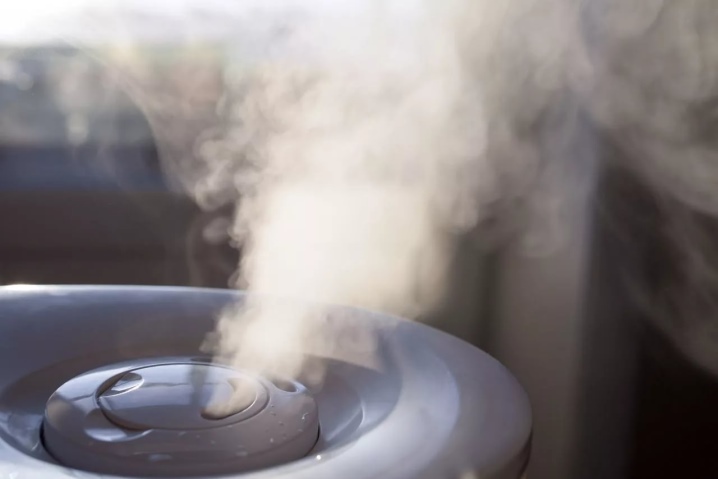
Summing up, we can say for sure that an air humidifier is an indispensable thing in those days when the air on the street and in the apartment is dry. By choosing a humidifier wisely and using it correctly, you can achieve better results not only in terms of improving room comfort, but also in terms of maintaining health.

In the next video, you will find out the doctor's opinion on why it is so important to monitor the level of humidity in the apartment and how to properly use a humidifier.













At first I did not think that the moisturizer would be of real benefit, but my mother started asthma with age, and we decided to give her a moisturizer. Chose with the function of washing the air, because my mother has a Pekingese and is full of wool. Mom said that she really noticed the difference with and without a moisturizer, so from her words I can recommend.
The comment was sent successfully.